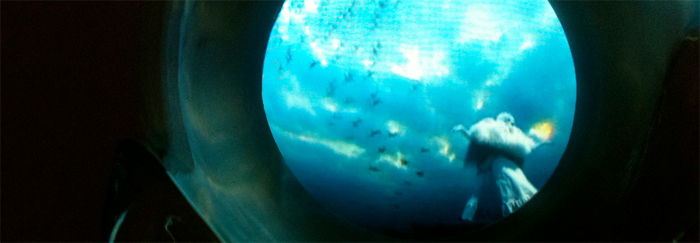I wrote a couple of weeks ago in Stop Lying About What You Do that “I despise the discourse that says we are all shallow, that we are all flighty, distracted, not paying attention.”
Shortly after writing that, in a group discussion at CET in Israel, with David Weinberger and a group of educators and academic course designers, I think we developed this and stated it a bit more clearly.
The people at CET are great, and think about teaching in clear and interesting ways. It felt good to have to take some of my more hand-wavey arguments and turn them into things that might actually be genuinely, measurably useful in education. And, for internet people in general, who are far too prone to talk about vague or entirely undefined “communities”, it was good to have the discussion in a place where “communities” mean something very clear, very defined, and very important to the argument.
One question which kept coming up was that people—kids’—interactions online are perceived as shallow: that they are in fact cognitively impairing. That tweets and facebook updates and SMS messages and blog comments, all these new, faster, shorter modes of communication, betray a lack of thought, of engagement, of consideration, of understanding. And what I said was: “if they are shallow now, they were silent before.” These kids have only just begun to speak.
David was quick to point out and strengthen that if, because they are not shallow now either. They may be perceived as shallow if we see them as flat, atomic, individualised statements or messages. But they are not because they are part of a vast context, they are enacted in a connected, ever-expanding sphere, the largest context man has ever created.
I was prompted to post this on reading Tony White’s analysis of “street-talk scare stories”, juxtaposing a Guardian article on “primary school ‘street’ talk breeding illiteracy” with the reception to his own (excellent) novel Foxy-T, back in 2004. Both examples reveal a distrust of language when it appears in new contexts; the line of the young RP-inflected broadcaster upon exposure to the poetics of Linton Kwesi Johnson—”I started to understand that about halfway through, but it’s not really for my ears, is it?”—could come from any luddite-tendency teacher, parent or journalist now.
We will not do any good by denigrating the natural communication tendencies of any medium. Just as it is said that we underemphasise the impact of technologies in the short term, so I believe we underestimate the weight of their communication, because we fail to see it through a macroscope. And alongside that, we fail to give them credit for giving voice to so much of what was silent and unheard before, whether its activists on the street or the quiet kid in the classroom.
Every sea has its shallows, but the tide is rising all the time.

Comments are closed. Feel free to email if you have something to say, or leave a trackback from your own site.